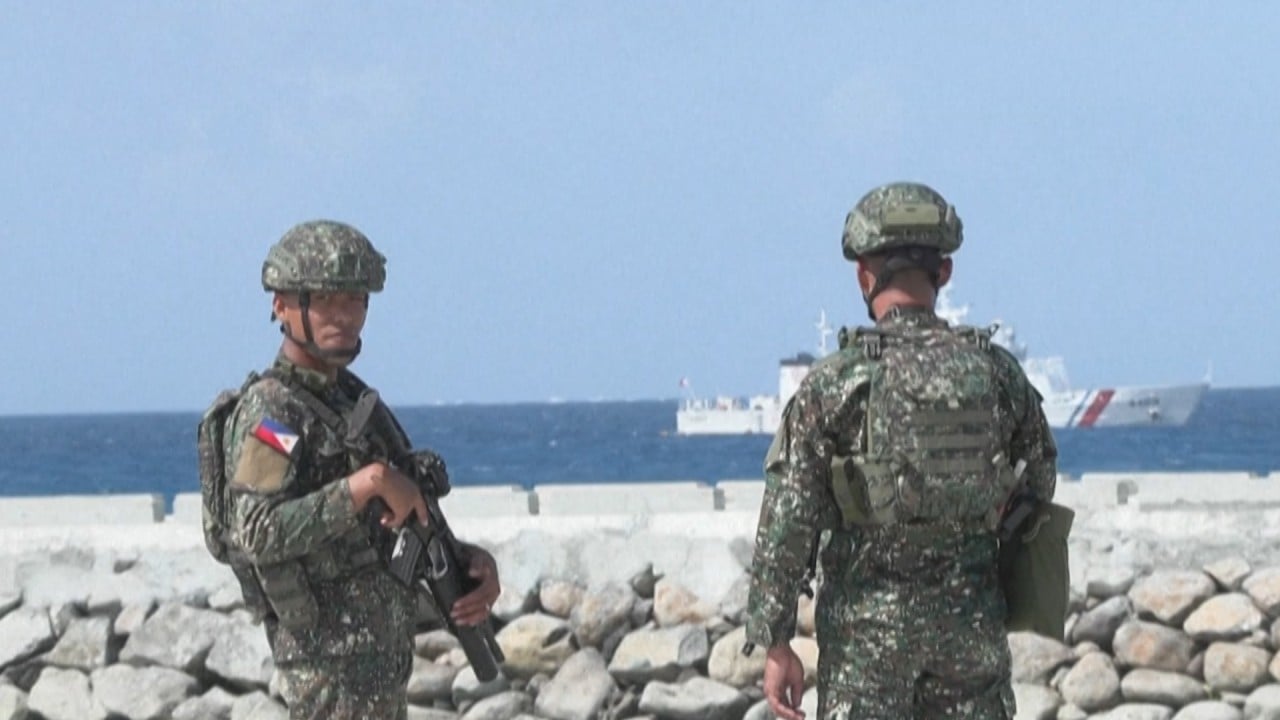Vietnam risks wider Spratlys dispute with more land reclamation: Chinese think tank
“Vietnam has carried out large-scale land expansion on several islands and reefs, adding 3 sq km of new land, far exceeding the total construction scale over the previous 40 years,” said Liu Xiaobo, the report’s author and director of Grandview’s Centre for Marine Studies.
The assessment was based on data published in November by the US-based Asian Maritime Transparency Initiative at the Centre for Strategic and International Studies.
China and Vietnam have conflicting claims in the Spratlys, a group of South China Sea islands that Beijing calls the Nanshas and Hanoi refers to as Quần đảo Trường Sa.
“Vietnam has occupied more Chinese islands and reefs, stationed more troops and built more facilities than any other coastal state to the South China Sea,” the Grandview report said.
It said that after 2021, Vietnam started using large cutter suction dredgers to reclaim land. The dredgers are specialised maritime vessels equipped with a rotating cutter and designed to dredge rock, clay, silt and sand.
In a report in December, Grandview said Hanoi had been “extremely low-key and secretive” about its island construction.
It said Vietnam might have learned from China’s experience a few years ago and sought to avoid attracting international attention.
“Vietnam’s land construction scale in the Nansha Islands is expected to continue expanding,” the institution said in December.
Vietnam and China are just two of the various parties claiming part of the resource-rich South China Sea, through which one-third of global shipping passes.
Tuesday’s report also referred to the Philippines’ increasing efforts to repair and reinforce a warship it grounded on the Second Thomas Shoal, another outcrop in the Spratlys.
“These are all actions that complicate and expand the disputes and affect peace and stability,” Liu said in the report.
Some observers say the South China Sea presents an even greater risk of conflict than the Taiwan Strait but the institution said it expected the waters to remain generally peaceful this year.
The think tank said the Philippines’ construction on its occupied features in the Spratlys was low-level and the defences there were weak, so they were unlikely to pose a substantial threat to the military presence of other countries and the surrounding waters.
It added that there was no sign that Malaysia had carried out land construction on the islands and reefs it controls in the Spratlys in recent years.
